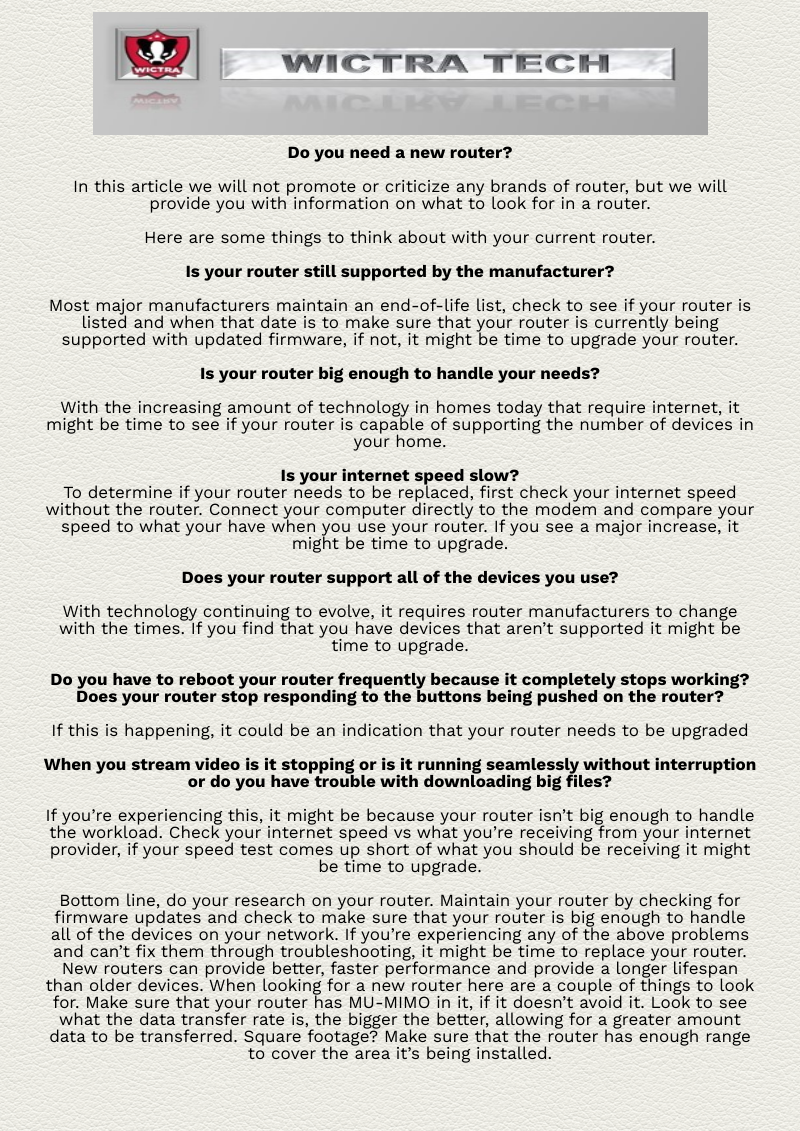Do you work from home? Do you have a small business that relies on using the internet? Do you have employees that work from home?
The subject has come up recently on working from home and using your home network for work purposes.
Some Security experts have asked the question how do we keep employees who work home more secure?
The easiest answer is to educate employees on home security and the importance of maintaining good home security, performing good cyber hygiene. Easier said than done. How do you keep them interested enough to learn and continue to practice good habits? Make it interesting, change it up.
Another tool that can be used to introduce employees to the risk of not maintaining a good security practice is to introduce them to a program called Bwapp. Bwapp is a program designed to educate people on what the cyber criminals can do by teaching them what they actually do. Bwapp doesn’t care what your knowledge level is in cyber security. The program is designed to start at entry level and slowly progresses in difficulty. Bwapp starts at the basics, walking an individual through the program step by step.
WICTRA can help with this. What do we do? We help to provide education on cyber security. We have assembled various sizes of mobile ranges to provide training to groups of 2 people up to potentially 50 people at one given time. Bwapp is just one training aid that we offer. We have over fifty different challenges for people to try in our mobile range setup.
Once again, this only part of the solution. Another element that can be added in assisting people who work from home with their internet security is to provide them with an easy to follow checklist that gets them looking at all of the items within their home that connect to the internet, to see how secure they really are. Keep it simple, this is the easiest way to keep them interested and using it. If they don’t understand the terminology, how can they implement it? Speak with them, not at them.
Keep your employees engaged in what’s really happening in the world. There’s an overwhelming amount of news out there pertaining to cyber security, but which items would be helpful and important to the individual who works from home?
Below is a link to a checklist we’ve created. Feel free to download this and use it to start looking into the level of security within your home. This is a good tool start getting into a routine of monitoring your devices used in your home or small business.


